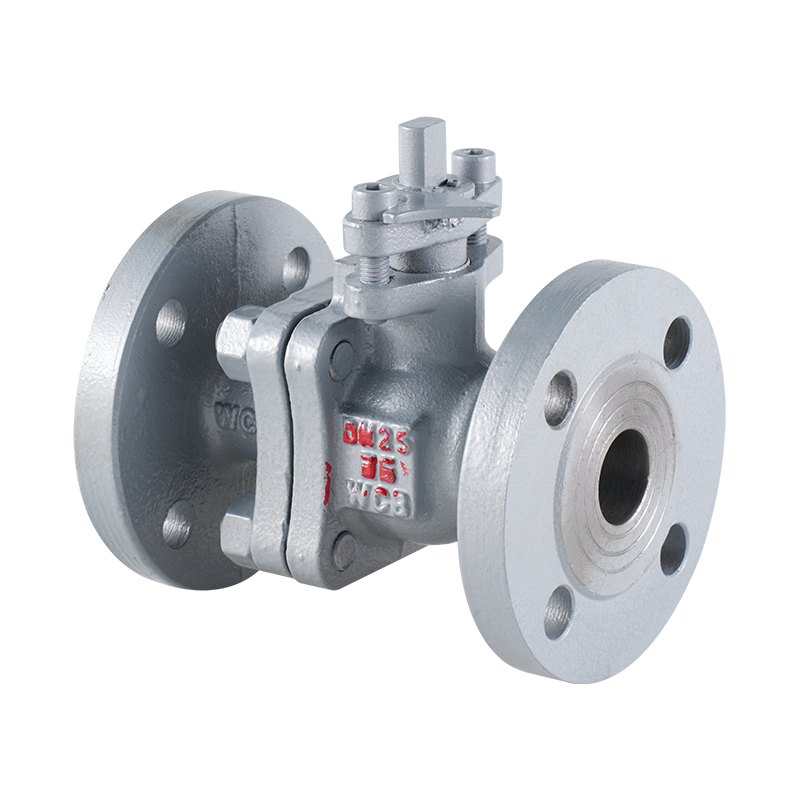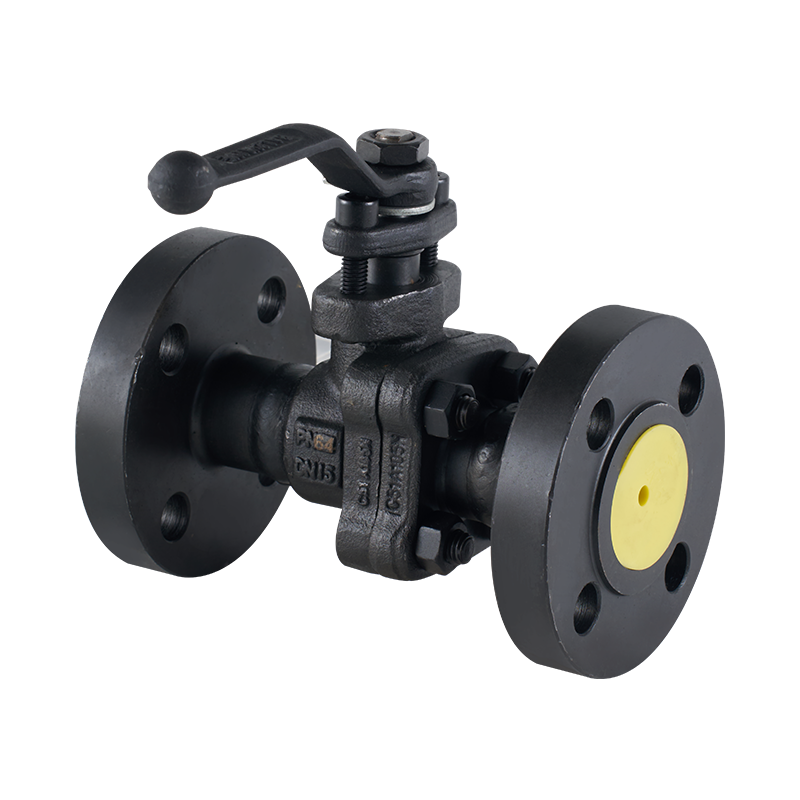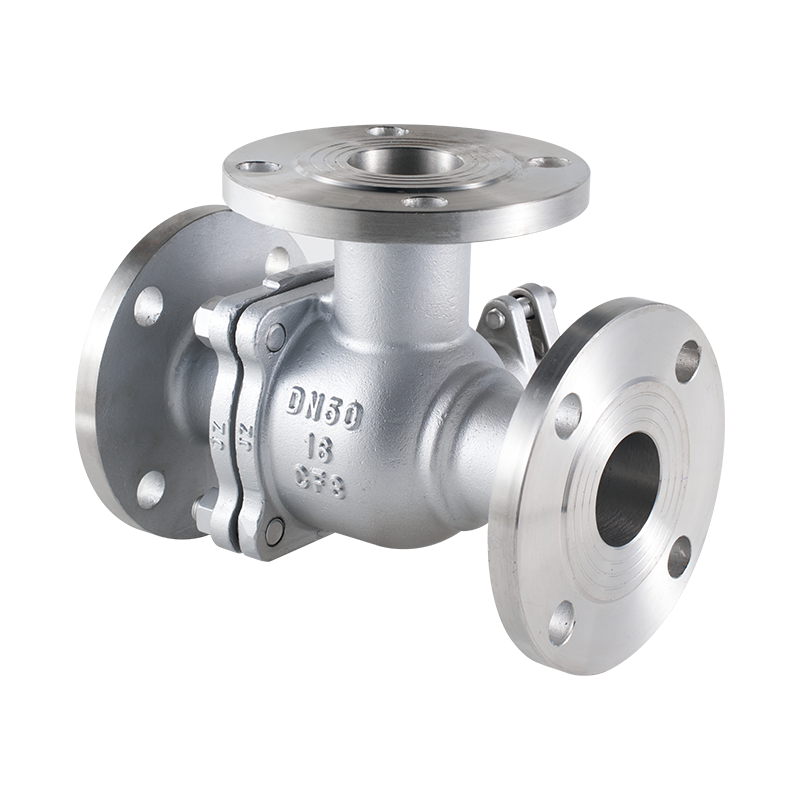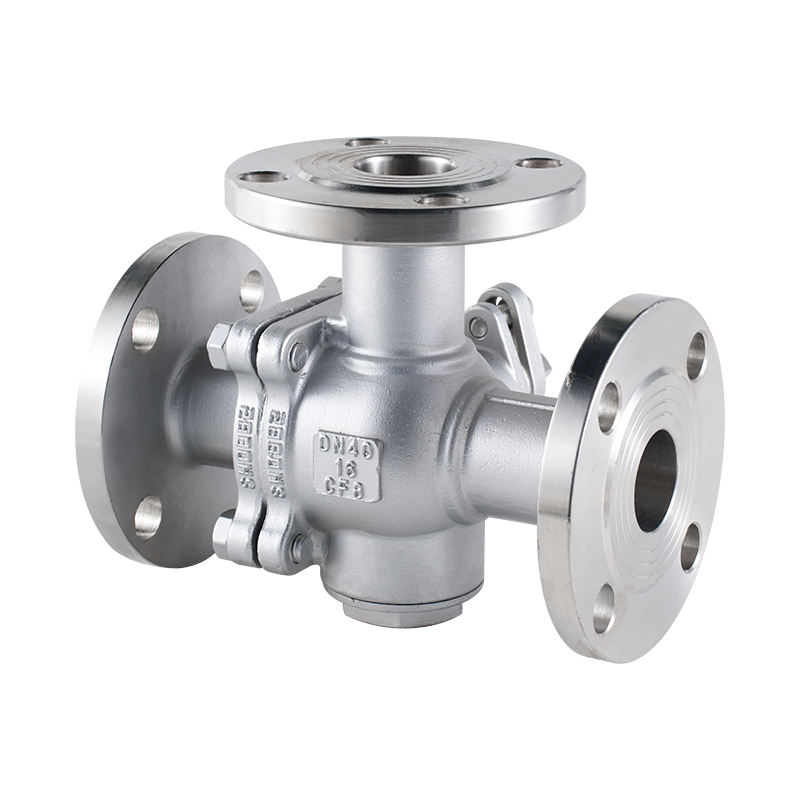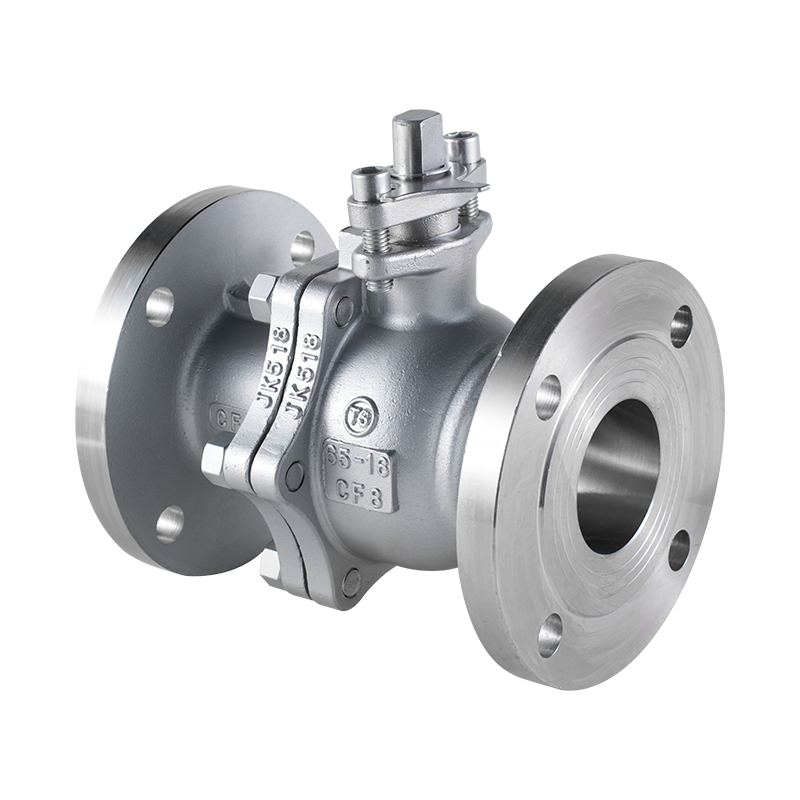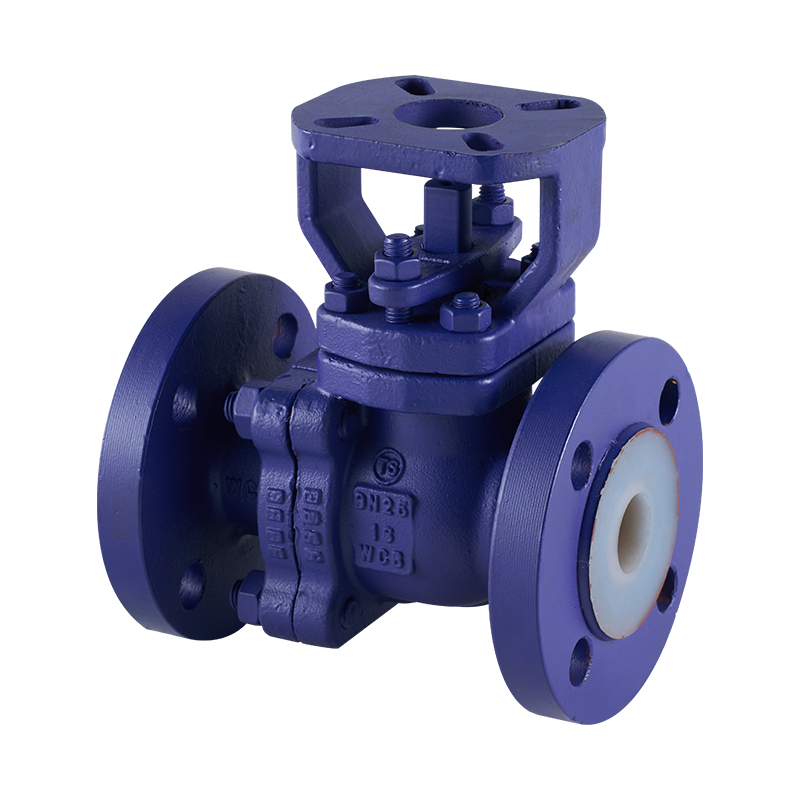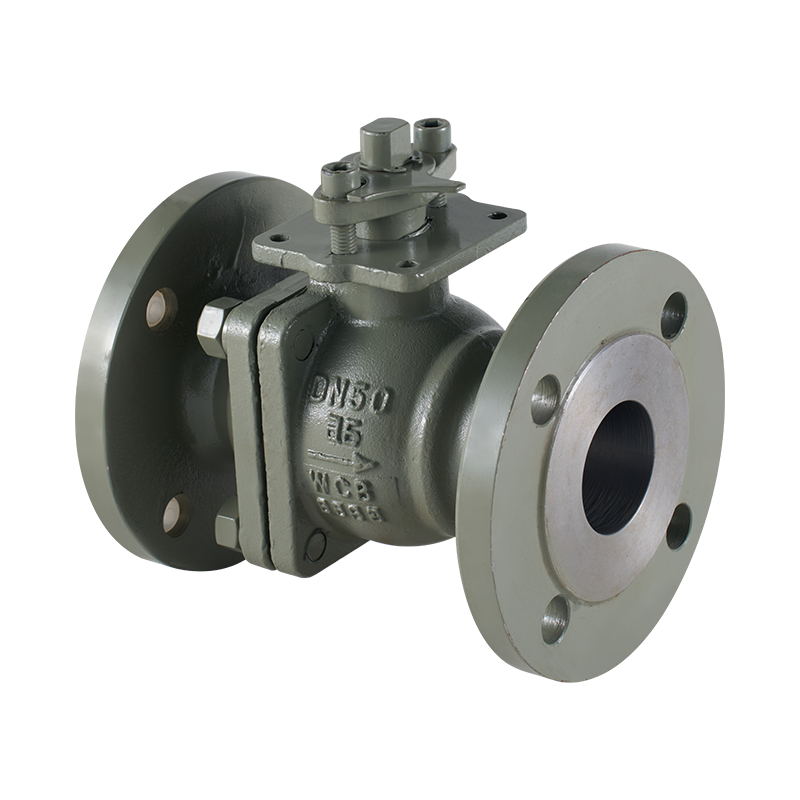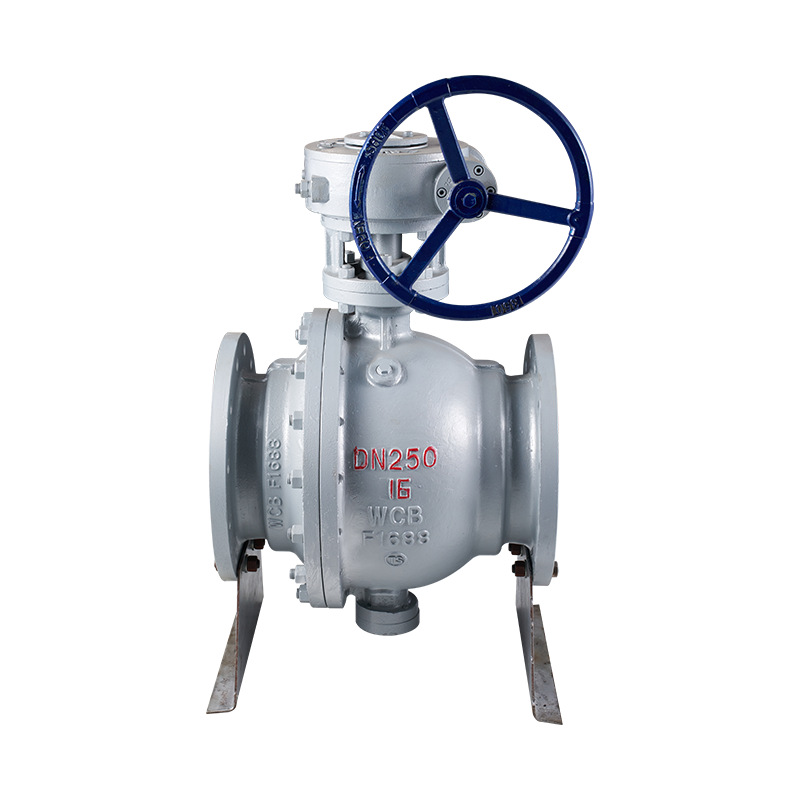In industrial operations, equipment longevity and ease of maintenance are often just as important as initial performance. When it comes to filtration devices, the Y Type Strainer plays a key role in ensuring that pumps, valves, and meters remain protected from contaminants. However, not all strainers are created equal in terms of long-term durability and maintenance.
For procurement professionals and engineers working in industries like power generation, water treatment, and petrochemical processing, understanding the performance and upkeep of components such as the Cast Steel Y Type Strainer can help lower lifecycle costs and improve system reliability.
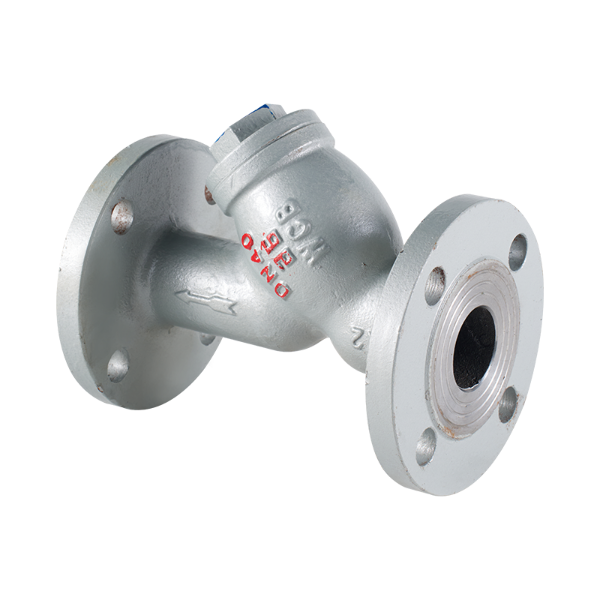
Material Durability:
In applications where pressure surges, aggressive media, or elevated temperatures are involved, choosing the right material for your strainer is critical. The cast steel Y-type strainer is designed to handle harsh operating conditions thanks to several key characteristics:
High Mechanical Strength: Cast steel maintains structural integrity under high pressure and is resistant to impact.
Thermal Stability: It can operate in environments with frequent temperature fluctuations without deforming.
Extended Wear Resistance: Over time, internal flow and trapped particles cause erosion. Cast steel offers strong resistance to this wear, especially in comparison to lighter metals or plastic alternatives.
Weldability and Repairability: Unlike some composite materials, cast steel can be welded and repaired, further extending its usable life.
These benefits make cast steel versions of Y-type strainers a reliable option for systems that prioritize both longevity and ease of maintenance.
Common Maintenance Practices and Schedules
While Y-type strainers are low-maintenance by design, they still require periodic inspection to function effectively. Here are some ideal practices:
Regular Cleaning: Depending on the application, cleaning intervals can range from weekly to quarterly. Systems with high particulate loads will require more frequent attention.
Screen Inspection and Replacement: Screens can become clogged or damaged over time. Regular checks ensure proper flow is maintained.
Drain Plug Management: For strainers with blow-off ports, periodic testing of these valves is important to prevent buildup and pressure issues.
Corrosion Check: Even with durable materials like cast steel, regular inspections can catch early signs of corrosion or pitting, especially in chemically aggressive environments.
Implementing a scheduled maintenance plan reduces the risk of unplanned downtime and maximizes the return on investment.
Industrial Applications Requiring Durable Strainers
- Petrochemical and Refining
In refineries, strainer maintenance can be hazardous and time-consuming. The rugged design of cast steel Y-type strainers reduces the frequency of interventions, which helps improve safety and productivity.
- Water Supply and Treatment
Municipal systems and industrial water plants use Y-type strainers to prevent sand, rust, and other solids from damaging pumps or flow regulators. The ease of screen removal and cleaning is especially valuable in these large-scale operations.
- Power Generation
Power plants, especially those using steam systems, depend on filters that can withstand high temperatures. Cast steel Y-type strainers meet these demands while providing access for regular cleaning without full system shutdowns.
For industrial systems that require both strength and easy maintenance, the cast steel Y-type strainer offers a balanced solution. It not only withstands demanding conditions but also simplifies upkeep, reducing labor time and total operational costs.
At Zhejiang Xiongxiang Valve Co., Ltd., we understand that procurement decisions are about more than just the initial purchase. Our Y-type strainers are designed with both durability and practicality in mind, giving clients dependable performance across a wide range of industrial settings.

 English
English 中文简体
中文简体


